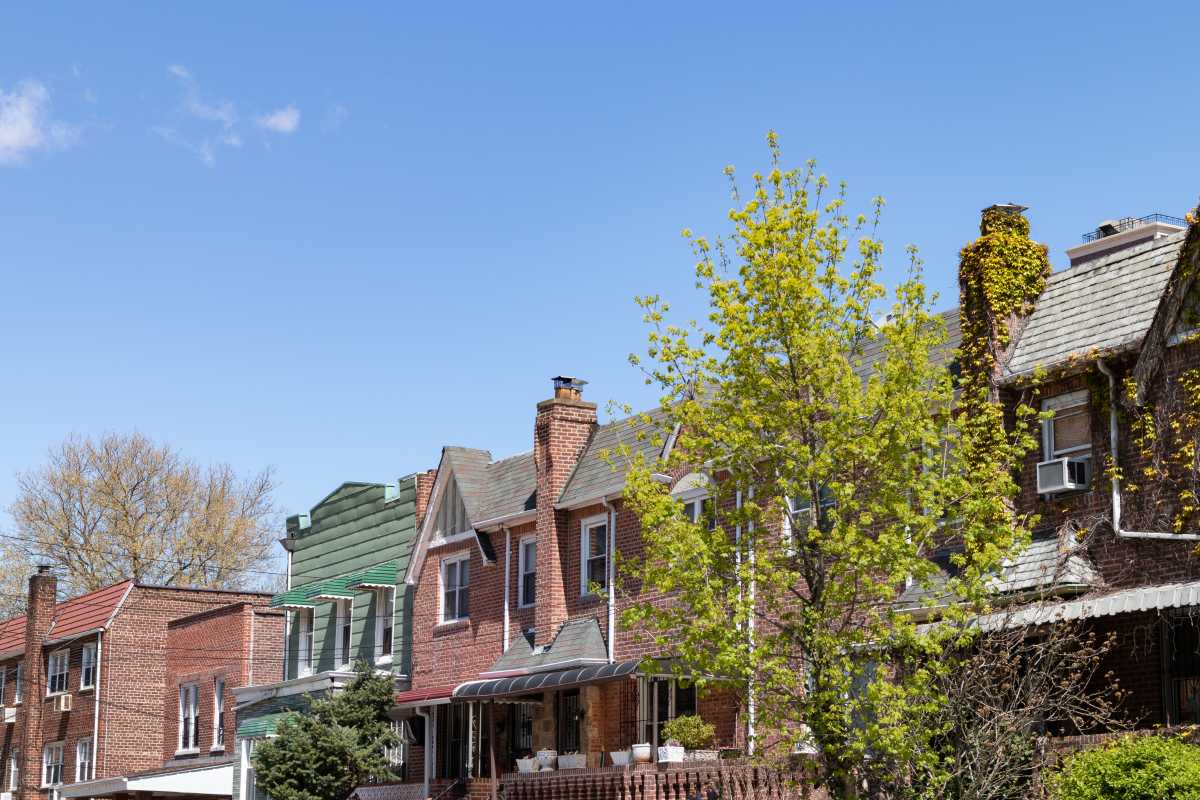With state elections behind them, tenant activists are focused on fashioning the blue wave into a blue ribbon session.
Democrats won control of the state Senate Tuesday, which may pave the way for enacting long-debated fortifications of the rent regulation system, according to party leaders and tenant oragnizers.
Pro-tenant measures passed by the Democratic-led Assembly have a history of stalling in the upper chamber. But now that Republicans are set to relinquish control of the state Senate in 2019, some tenant activists are optimistic enough to set their sights on expanding rent regulations beyond downstate counties to the rest of the Empire State.
Organized blocks of tenants outside the city could serve as a counterweight to landlords, who may have traditionally found more sympathy among senators representing areas with little or no regulated apartments, according to Jonathan Westin, executive director of New York Communities for Change, which is one of several activist groups pushing to bring tenant protections to communities across the state through the Housing Justice for All coalition.
“We’ve been pushing and supporting a lot of candidates who won and look foward to working with them to make sure that rent regulations can be expanded across the state,” Westin said, highlighting unofficial election tallies that suggest Rachel May, John Brooks, Jen Metzger and Andrew Gounardes will triumph. “The homelessness crisis is soaring everywhere … especially in places upstate, where the foreclosure crisis hit the communities really hard and people are not owning homes anymore — they’re becoming renters. We need to protect these folks.”
Beyond activist circles, Democratic leaders are bullish on passing long-sought legislation that would limit landlords’ ability to take apartments out of the rent regulation system. For instance, liberal lawmakers and Gov. Andrew M. Cuomo have said they would like to stop permitting landlords to remove units from the regulation system once their monthly rent hits a certain threshold, currently set to $2,733. They have also called for curtailing owners’ ability to continue charging tenants an elevated rent after the landlords have recouped the cost of repairs through these surcharges.
“We will have a blue majority in the State Senate — a significant majority — and it will give us the ability to pass legislation people of this state are desperate for,” said Democratic state Sen. Liz Krueger, who has been a proponent of strengthening rent regulations, which are slated to expire in June 2019. “The crisis in affordable housing is no longer just a New York City discussion. … That’s a new phenomenon, and people are aware that there are coalitions.”
The Rent Stabilization Association declined to have a discussion about the election results, but released a statement saying the organization, which represents owners of rent-regulated buildings, looked foward to working with all members of the state Senate.
“We strongly believe we can work together to accomplish an agenda that is beneficial to both building owners and the City’s most vulnerable tenants,” the statement read.
The head of the Real Estate Board of New York, another landlord trade group, released a statement arguing policies that offer landlords more flexibility have proven successful.
“New York City, undoubtedly, needs to provide more affordable units for its growing population,” REBNY president John Banks said in a statement. “It’s important to note, since the changes to the rent laws in the 1990’s, the quality of the City’s private sector rental housing has dramatically improved, a marked contrast to the City’s public housing stock. We look forward to working with our elected leaders on this …”
REBNY shifted a larger share of its political contributions to Democratic candidates and committees ahead of the election, which prompted concern among some tenant activists.
“Tenants have to stay organized and have to keep calling out the caustic influence of real etsate money in New York Politics,” said Cea Weaver, a member of the New York City Democratic Socialists of America steering committee, which is also part of the Housing Justice for All group. “Real estate money in Albany is absolutely why we don’t have stronger rent laws.”
With Ivan Pereira





































